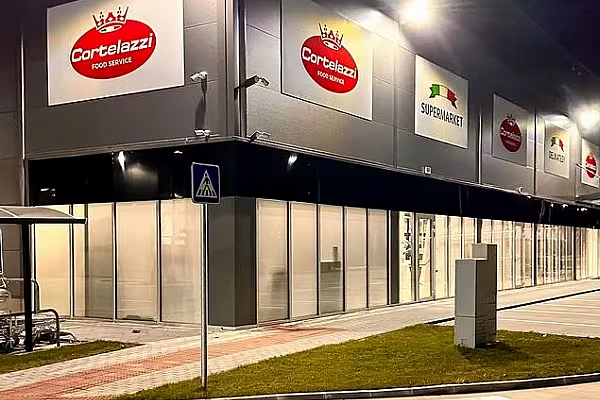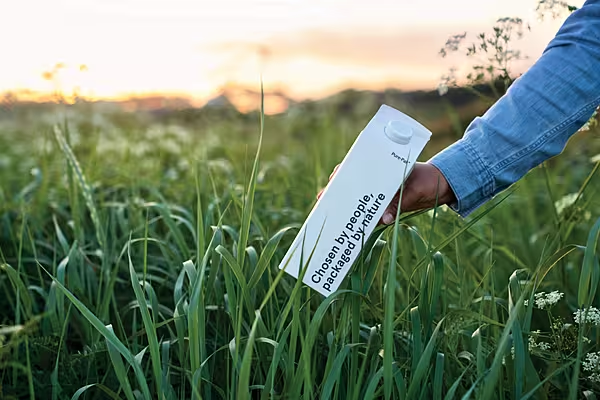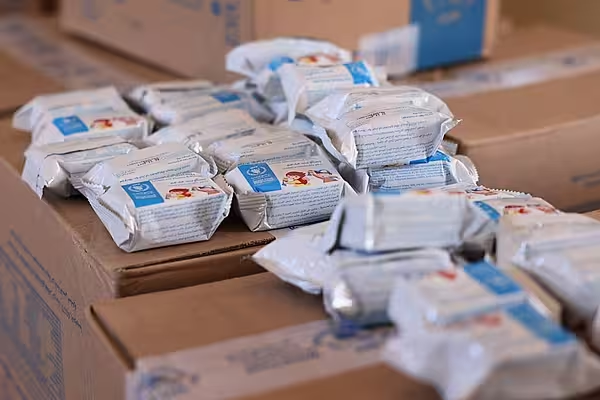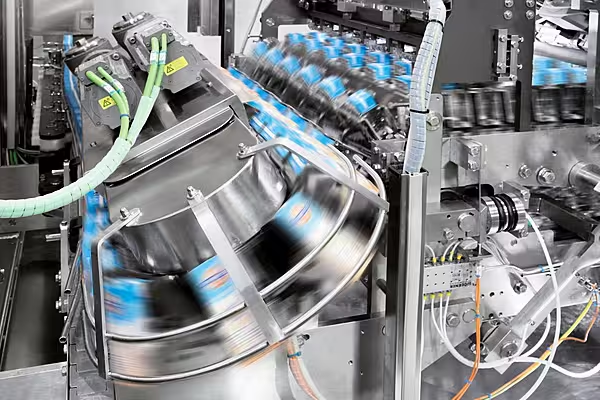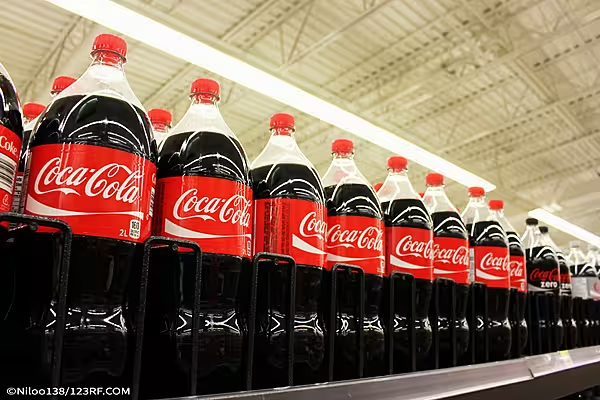The Czech Republic has announced new rules for using the 'Czech Food' label, meaning that as of 2017, milk, wine and unprocessed food manufacturers will only be able to mark their products as Czech if they are are not only produced in the Czech Republic, but are also made up of 100 per cent Czech raw materials.
"The current labelling of Czech food is very confusing and chaotic. Some companies abuse this practice," Agriculture Minister Marian Jurečka told local press.
Producers not meeting the conditions, will not be allowed to use "other information - mainly verbal, visual or graphic - suggesting that the country of origin of the food is Czech Republic" the Czech government said.
The amendment also addresses products where a higher share of Czech raw materials cannot be achieved - a typical example being chocolate products. For these, the law allows for the designation “Made in the Czech Republic” if the product was at least produced in the Czech Republic.
The Czech government also decided to get rid of an obligatory list that was displayed in shop entrances naming the five countries of origin of food suppliers with the biggest share in that store's total revenues.
Introduced last year, the list was expected to help consumers understand the where good were coming from, however, it was decided it just showed supplier countries rather than the real origin of products.
© 2016 European Supermarket Magazine – your source for the latest retail news. Article by László Juhász. To subscribe to ESM: The European Supermarket Magazine, click here.


